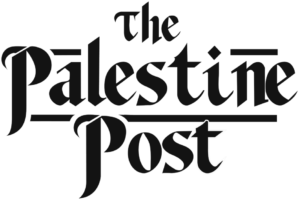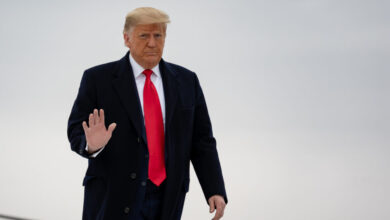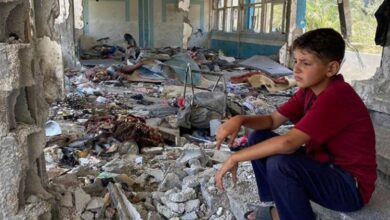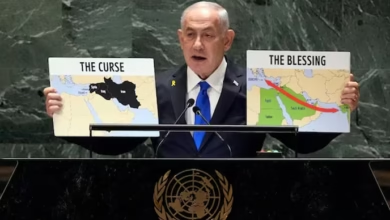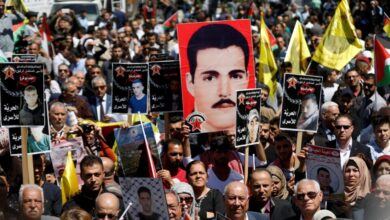From River to the Sea Palestine Will Be Free: the Hidden Layers of the Palestinian Slogan for Freedom”
Exploring the History, Meaning, and Global Debate Surrounding Palestine’s Freedom Slogan
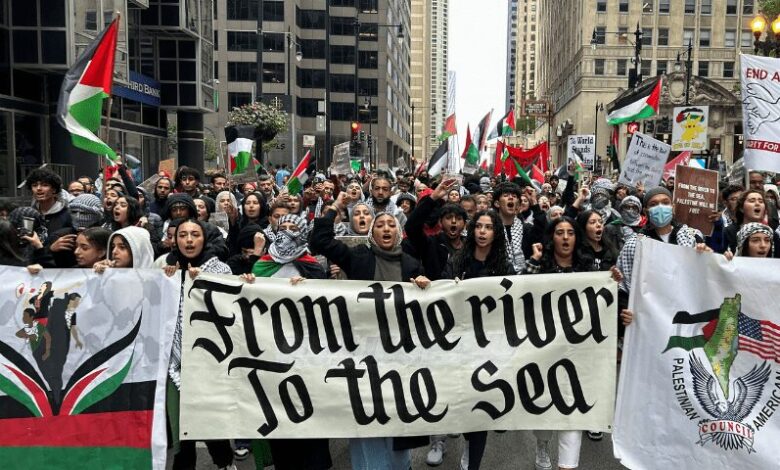
Following the recent initiation of the “Al-Aqsa Flood” operation and the subsequent escalation of Israeli military actions in the Gaza Strip, global protests have intensified. Protesters around the world have prominently displayed the slogan, “From the river to the sea, Palestine will be free,” which has become a rallying cry amid heightened tensions. This slogan, reflecting deep-seated issues in the Israeli-Palestinian conflict, underscores the urgent call for Palestinian self-determination and the end of occupation. As these demonstrations gain momentum, they are reshaping international discourse and policy regarding Middle Eastern affairs. This article delves into the origins of the slogan, the reactions it has provoked, and its implications for global politics and human rights.
Understanding the Slogan’s Significance
The slogan “From the river to the sea, Palestine will be free” has gained prominence in political movements and social protests. It has become a frequent chant in marches advocating for Palestinian rights. On August 15, 2024, the Netherlands ruled that this slogan is protected under freedom of expression and is not punishable by law, The ruling by the Netherlands highlights the country’s commitment to protecting freedom of speech, even when the content is controversial.
However, Despite the legal protection, the slogan has faced significant criticism. Critics argue that it may be interpreted as anti-Semitic and denies the existence of Israel as a state. These concerns are part of broader debates about the slogan’s implications for the Israeli-Palestinian conflict.
UK Football Association Bans Slogan on Social Media
In response to the controversy, the Football Association (FA) in the UK has implemented a ban on players using this slogan on their personal social media accounts. This new policy aims to curb the use of politically charged slogans, highlighting the FA’s approach to managing political expressions within sports.
German Authorities’ Restrictions
German authorities have taken a strong stance by declaring the slogan forbidden and indictable. Additionally, they have urged schools in Berlin to prohibit the wearing of keffiyehs, the traditional Palestinian scarves, as part of their efforts to regulate political symbols in educational environments.
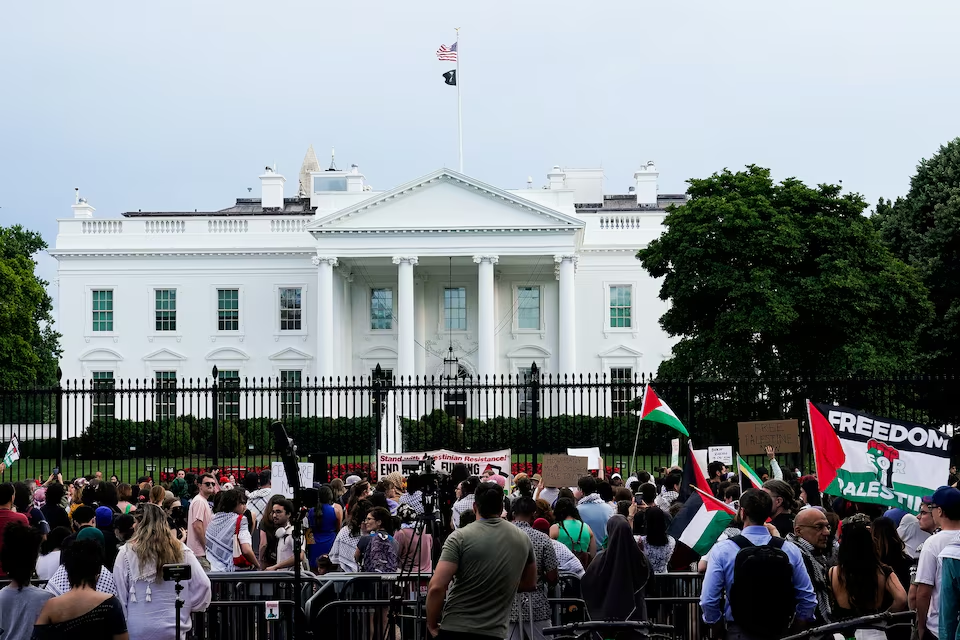
Understanding the Historical and Political Origins of the Palestinian Slogan
Understanding the slogan requires a deep dive into its historical and political origins. The slogan is more than just a rallying cry for pro-Palestinian sentiments; it represents a comprehensive set of ideas and aspirations for Palestinian sovereignty.
Historical Origins and Development
While the exact origins of the phrase are debated, some research indicates that it dates back to the 1960s. It was created by Palestinian activists who became refugees following the 1948 war, known as the Nakba, which displaced around 700,000 Palestinians from their homes and lands. Many of these refugees settled in the West Bank.
Over time, the slogan gained traction within the Palestine Liberation Organization (PLO), which advocated for the creation of a single state spanning from the Jordan River to the Mediterranean Sea. The PLO officially adopted the slogan in 1964.
PLO’s Revolutionary Goals
In 1969, the PLO officially announced its goal of “establishing a free and democratic society in Palestine for all Palestinians, whether Muslim, Christian, or Jewish.” This idea was revolutionary at the time and a challenge to the non-democratic regimes in the Arab region.
Recently, supporters of the Hamas movement have adopted the phrase, In a 2012 speech, Khaled Mashal, the political leader of Hamas, declared, “Palestine is ours from the river to the sea, from the south to the north.”
Geographical and Interpretive Dimensions of the Slogan
Geographically, the slogan refers to the area from the Jordan River to the Mediterranean Sea, including the West Bank and Gaza Strip. Historically, this region has been the focus of Israeli territorial ambitions, with claims of historical and cultural ties to the land.
The interpretation of the phrase depend on the beliefs and perspectives of the person hearing it—whether they are supportive, opposed, or neutral towards the Palestinian-Israeli conflict.
For example, the slogan has a profoundly alarming effect on Israeli Jews as it implies the existence of a single entity called Palestine, extending from the Jordan River to the Mediterranean Sea, without a Jewish state. This suggests a future where Jews might not be able to live fully or be themselves.
Conversely, others see it as a call for Palestinian self-determination and an end to the occupation.
What Are the Three Demands Behind the Slogan?
The slogan “From the river to the sea, Palestine will be free” represents several core demands that reflect the aspirations of many Palestinians. Here are the three primary demands associated with this slogan:
- Palestinian Self-Determination: This demand calls for the establishment of an independent, sovereign Palestinian state on its own territory, including East Jerusalem, which Palestinians view as their future capital.
- Right of Return: This principle affirms the right of Palestinian refugees and their descendants to return to their homes and properties from which they were displaced during the 1948 Arab-Israeli War and subsequent conflicts.
- End of Israeli Occupation: This demand seeks the liberation of Palestinian territories from Israeli control, including the West Bank and Gaza Strip.
